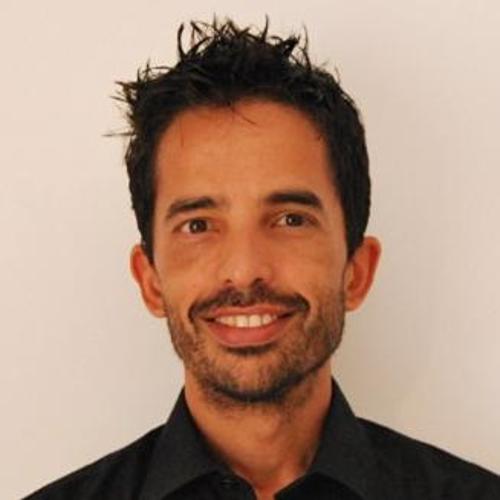
Alberto Isaac
Ardévol Abreu
Associate Professor
Department: Ciencias de la Comunicación y Trabajo Social
Research institute: IUNE institute
Area: Journalism
Research group: Grupo ITACA: género, masculinidades, violencia de género e interculturalidad
Research group: Laboratorio de Investigación sobre Medios y sus Efectos
Email: aardevol@ull.edu.es
Área de Investigación: Ciencias Sociales y Jurídicas
Doctor by the Universidad de La Laguna with the thesis Tratamiento informativo de las crisis humanitarias una aproximación a través de la teoría del 'framing' 2013. Supervised by Dr. José Manuel de Pablos Coello, Dr. Concha Mateos Martín.
Alberto Ardèvol-Abreu is an Associate Professor in the Department of Communication Sciences and Social Work at the University of La Laguna. According to the indicator developed by Stanford University with data from Scopus, he is among the top 2% most influential scientists in the world (https://bit.ly/3tWbBrR). Alberto obtained his Ph.D. in Communication Sciences with his thesis on news framing of humanitarian crises in December 2013, after completing predoctoral research stays at the University of Texas at Austin (with Professor Maxwell McCombs) and the Universidad Autónoma de Nuevo León (Mexico). For this work, he was awarded the Extraordinary Doctorate Prize with international mention in 2014. He also holds the i3 certification for an outstanding research career from the Spanish Ministry of Universities, a six-year research term (‘sexenio de la Comisión Nacional Evaluadora de la Actividad Investigadora’) for the 2013-2019 period and a recognized five-year teaching period ('quinquenio docente', 2014-2021). Dr. Ardèvol’s research interests focus on new media and political communication. He is particularly engaged in the enquiry about positive and negative effects of internet-based media use on civic and democratic life. His latest publications explore potential implications of new media-related phenomena for democracy and political participation: conspiracy beliefs, fake news, citizen journalism, political polarization, or online political discussion. Closely connected to research in political communication—from both a theoretical and empirical perspective—, Alberto has examined the effects of media portrayal of immigration, minorities, and impoverished countries. Already in his doctoral thesis, and relying on a combination of qualitative and quantitative methods (in-depth interviews and media content analysis), he tackled some of these issues in ‘Humanitarian crises in the media: an approach through the framing theory’. Alberto Ardèvol Abreu’s publications on these topics also include the visual coverage of immigration, ethical standards and recommendations for news reporting on war and humanitarian crises, and communication strategies to promote the integration of minorities. Alberto Ardèvol-Abreu is also engaged in theory building and theory testing in Communication (especially in connection with framing and agenda-setting theories). He has participated in research projects on the third level of the agenda-setting theory (together with Professor McCombs at the University of Texas), and the typology of news media frames. Some of his recent studies have received important national and international awards. Among them are best article award on politics and information technologies from the American Political Science Association (APSA), the Denis McQuail Award from the Amsterdam School of Communication Research (ASCoR) for the best article advancing communication theory, the Robert M. Worcester Award from the World Association for Public Opinion Research (WAPOR) for the outstanding article of the year, and the Drago Latina 2013-2017 Award for the most cited article in five years published in the 'Revista Latina de Comunicación Social'.







